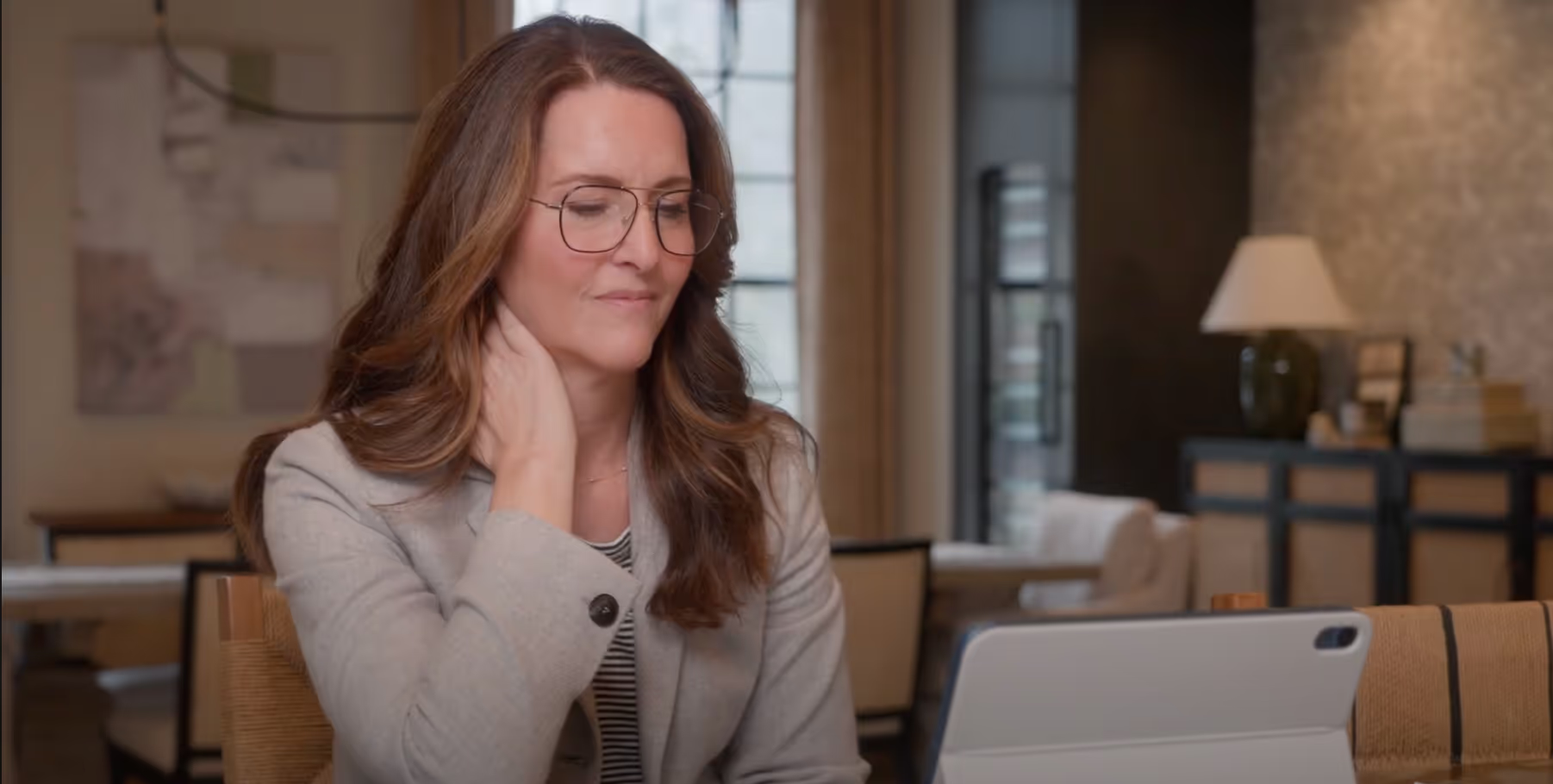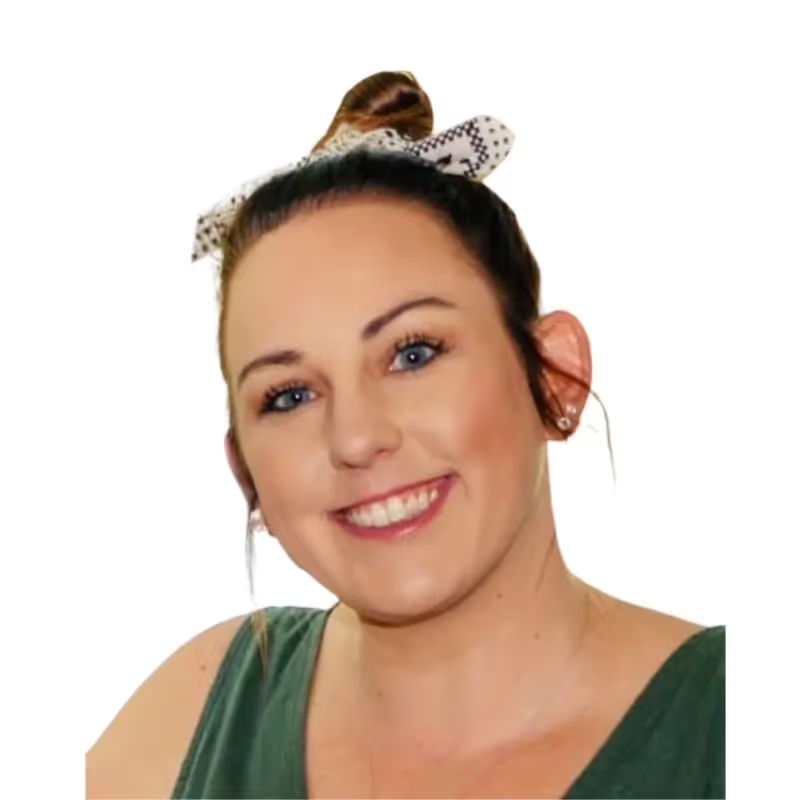Synapticure is thrilled to introduce you to the newest cognitive neurologist to join our telehealth clinic, Dr. Benjamin Williams, MD, PhD. Dr. Ben will be leading our team that cares for people and their families who are battling Alzheimer’s disease and various other dementias like Lewy body dementia (“LBD”) and frontotemporal dementia (“FTD”)
Dr. Williams has a breadth of personal and professional expertise with neurodegenerative diseases, with decades of specialization caring for people with dementia. And like many here at Synapticure, Dr. Williams brings a patient-centric focus to his practice because of his lived experience: both his parents battled dementia.
When Dr. Williams's father was in his late 70s, he started showing signs of dementia. Over the next 15 years, his father experienced the inevitable decline of Alzheimer’s, eventually living in a residential memory care facility. During this time, Dr. Williams experienced what it’s like to slowly lose his dad when he stopped recognizing family members, had bouts of delirium and other cognitive impairments.
While his father was in residential care, his mother resided in an independent living apartment on the same property. When she was in her late 80s, she developed late-onset cognitive impairment, most likely due to TDP-43 encephalopathy. Ultimately, Dr. Williams lost both his parents to dementia, so he understands both the emotional toll dementia has on families, as well as the personal toll on the individual, as he too has a higher genetic risk of developing dementia.
Long before his parents were diagnosed with dementia, Dr. Williams began his early career studying the brain and working with some of the top Alzheimer’s specialists in the country. Dr. Williams received his PhD in neuroscience at the University of Texas, then left home for his residency at the University of California at San Diego. At the time, the Shiley-Marcos Alzheimer's Disease Research Center at UCSD was one of only five original Alzheimer’s Disease Research Centers funded by the National Institute on Aging, and this is where Dr. Williams first developed an interest in Alzheimer’s disease and related dementias.
During his residency at UCSD, Dr. Williams was fortunate to train with Dr. Robert Katzman, who is world-renowned as the forefather of Alzheimer’s and the founder of the Alzheimer’s Association. Dr. Katzman warned the world about the coming epidemic of Alzheimer's in his 1976 landmark editorial in the Archives of Neurology: "The Prevalence and Malignancy of Alzheimer's Disease." He was also the progenitor of this generation of Alzheimer's specialists, one of whom is Dr. Ben Williams.
After his residency, Dr. Williams began his career in a general neurology practice, landing back home in West Texas, an agricultural area with a lot of organopesticide exposures. Thus his practice included many people living with Parkinson’s and ALS, but his focus remained on caring for people with dementia. He also worked concurrently as a member of the neurology faculty at Texas Tech where he participated in grant-funded dementia research. In addition to his academic research and clinical practice, Dr. Williams also worked as the medical advisor for a new long-term memory care facility, where his in-patient care model was eventually franchised to help people with various dementias all across the US.
The next steps in Dr. Williams' career led him to work as a Memory Specialist at UT Southwestern, which served as both a patient-care and world-class research facility. At UTSW, Dr. Williams worked with another Alzheimer’s expert Dr. Roger Rosenberg, who, for 20 years, was the editor-in-chief of JAMA Neurology (formerly known as Archives of Neurology). During his time at UTSW, Dr. Williams was a site investigator in several dementia and Alzheimer’s trials with the National Institutes of Health and the National Institute on Aging. Concurrently, he continued to focus his practice as a clinician caring for Alzheimer’s patients and interacting with the team at UTSW’s Alzheimer’s Disease Research Center (ADRC).
Dr. Williams then took his dementia expertise to Wake Forest University in North Carolina, where he helped launch their brand new ADRC. He worked as the clinic’s only behavioral neurologist, complimenting the team of gerontologists helping the Alzheimer’s and dementia community. In his practice at Wake Forest’s Cognitive Disorders clinic, 70% of his patients had Alzheimer’s/vascular dementia; 20% had LBD and 10% had FTD. While at Wake Forest, Dr. Williams was also intimately involved in the clinical trials of aducanumab and lecanamab, supporting the principal investigators in these trials. We are grateful that he has first-hand experience with these monoclonal antibody therapies so he can better advise Synapticure’s patients about cutting edge research and clinical trials.
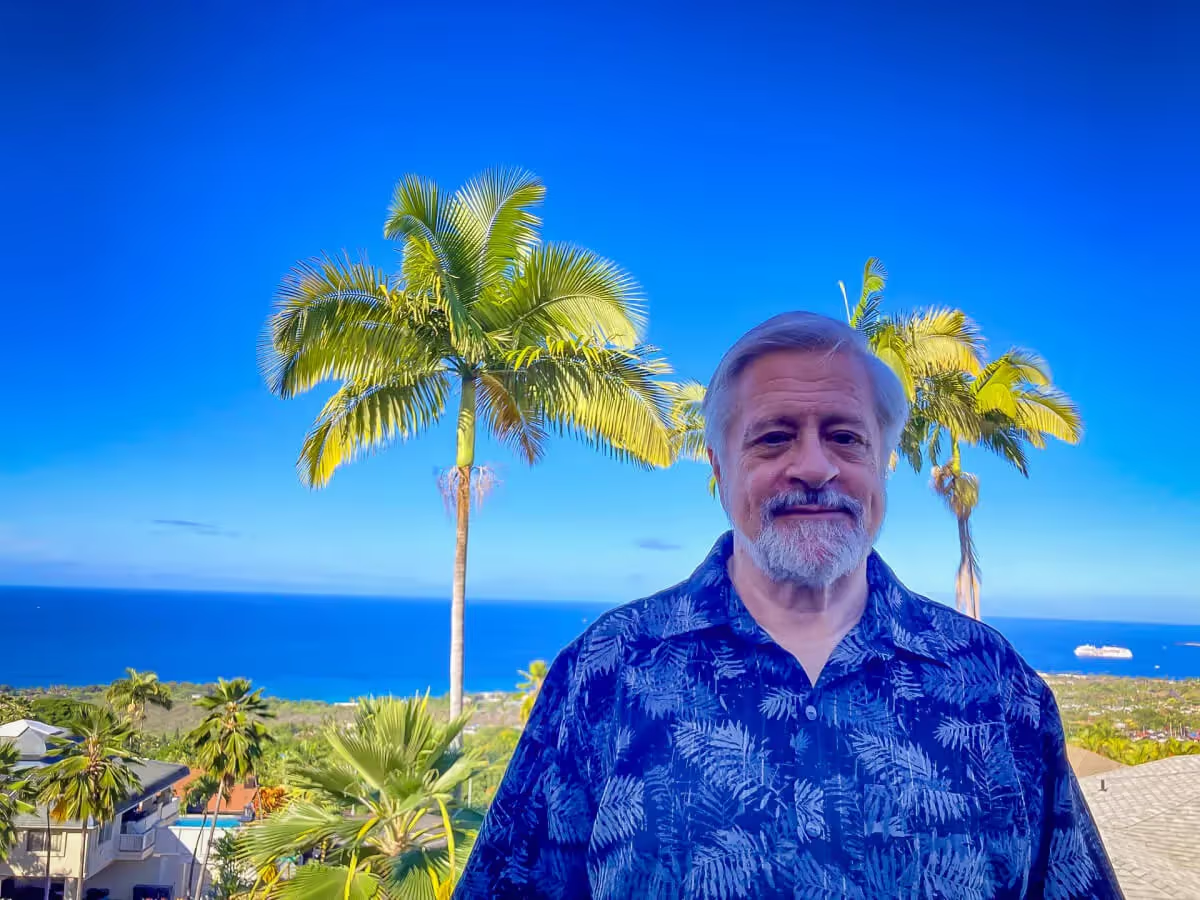
Today, Dr. Williams has relocated to Hawaii with his wife and special needs adult son. He continues to work remotely with Wake Forest’s research team while providing care to Synapticure’s patients and families with various dementias. We know our patients will adore him as much as we do.
If you or your family members are interested in learning more about how you can receive dementia care from the comfort of home, you can schedule a free consultation with one of our care coordinators by clicking this link or calling (855) 255-5917. We would be honored to help you and your loved ones.
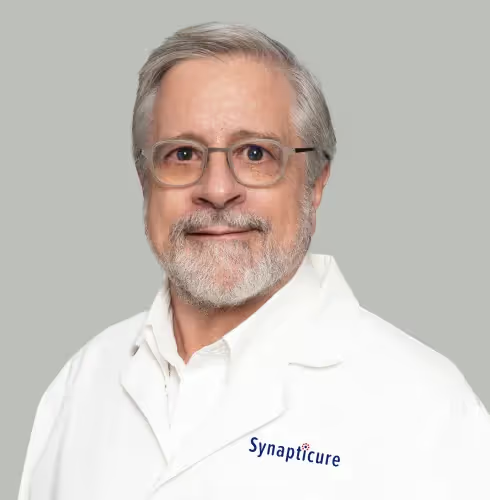
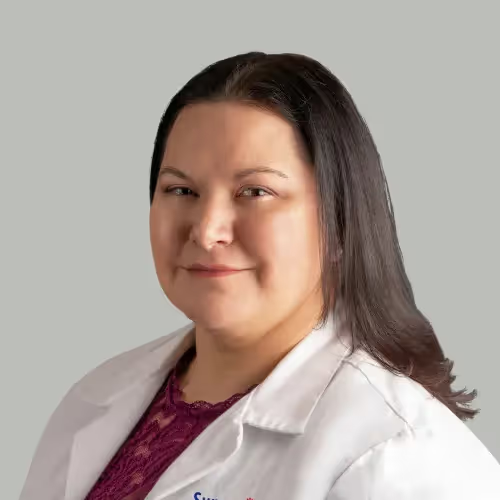
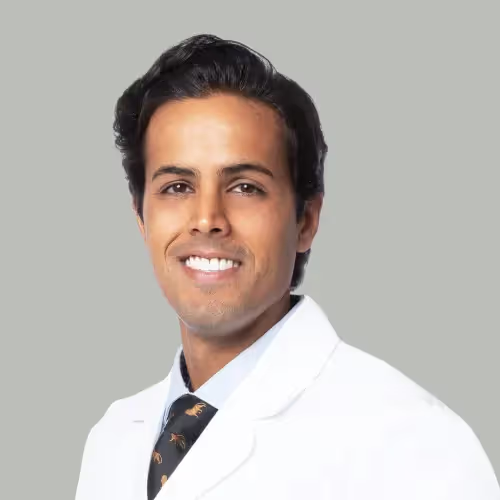


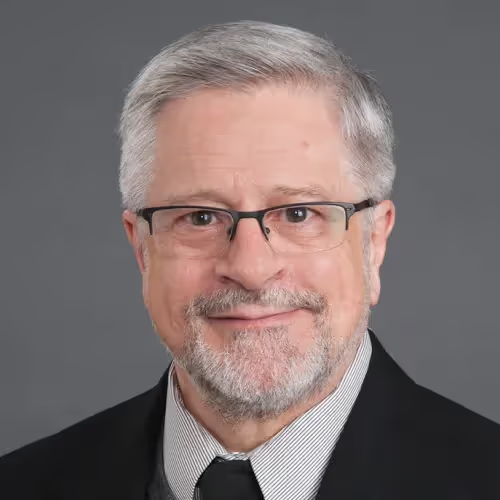
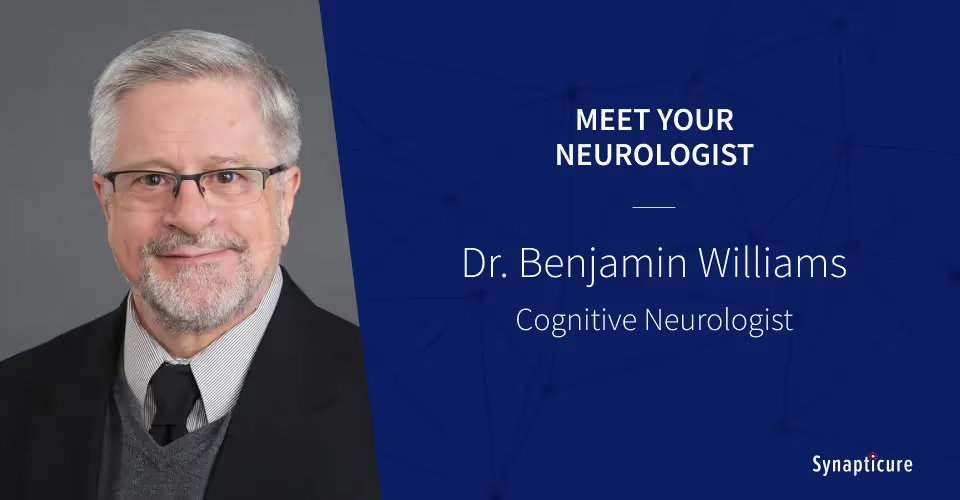




.png)
